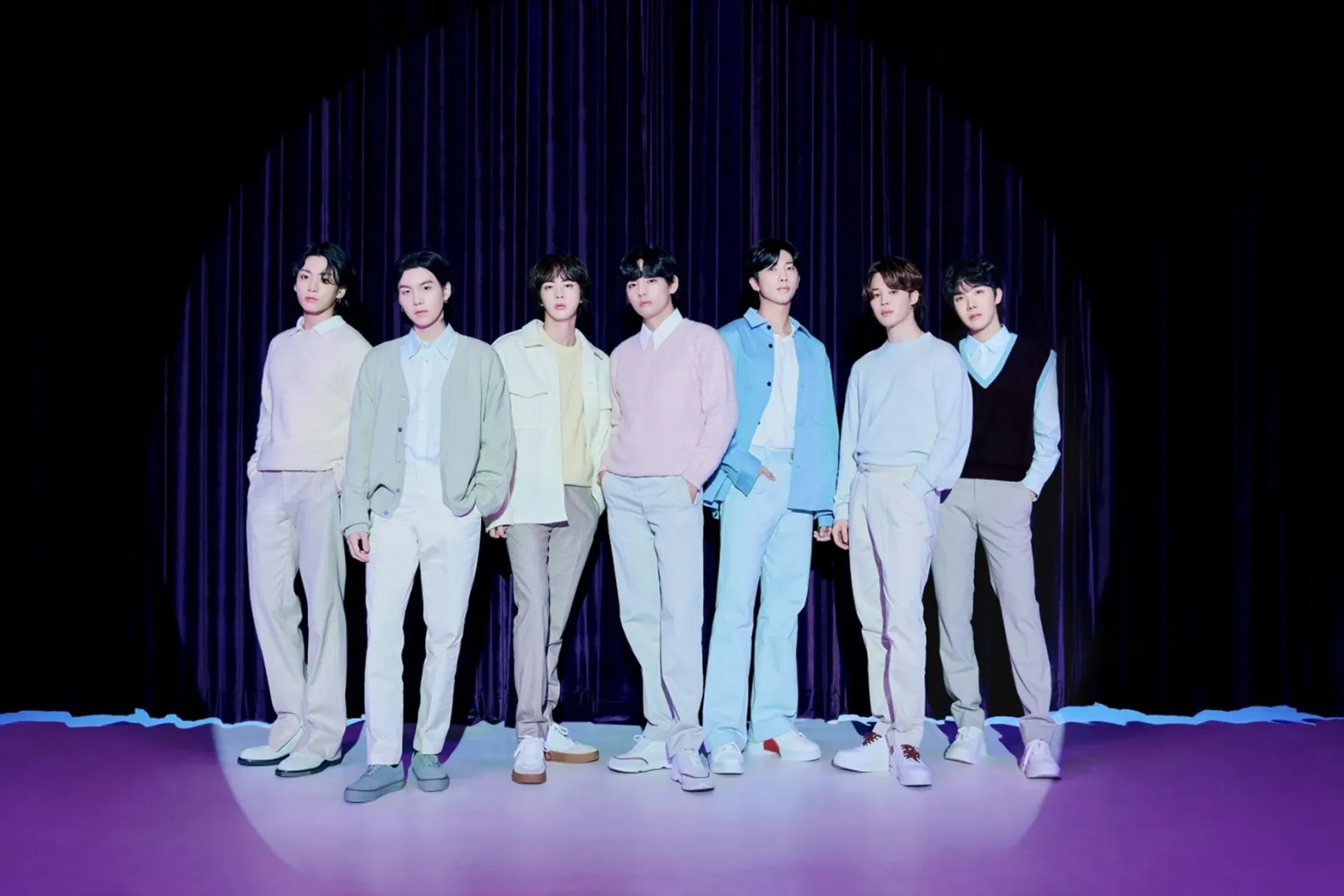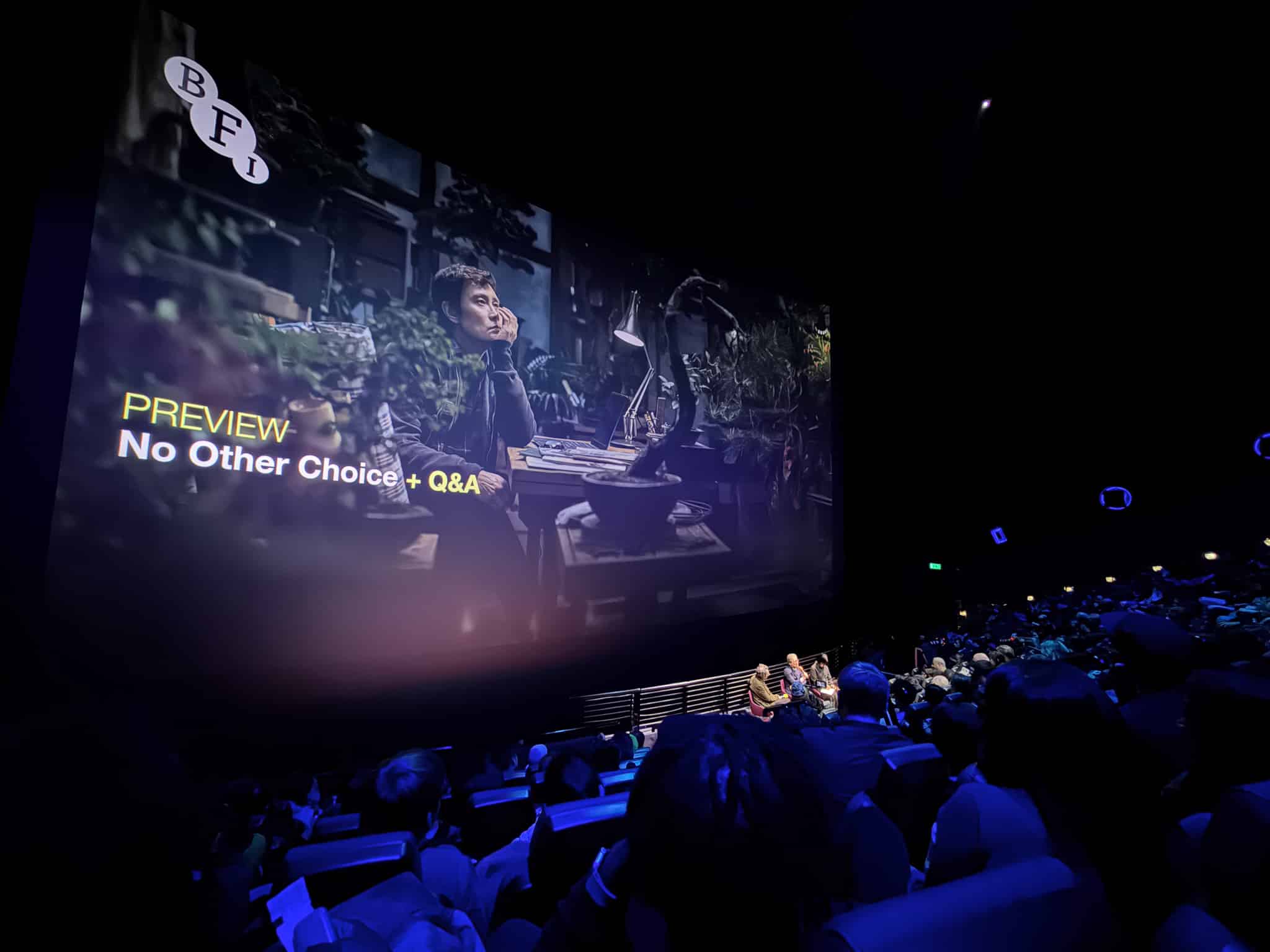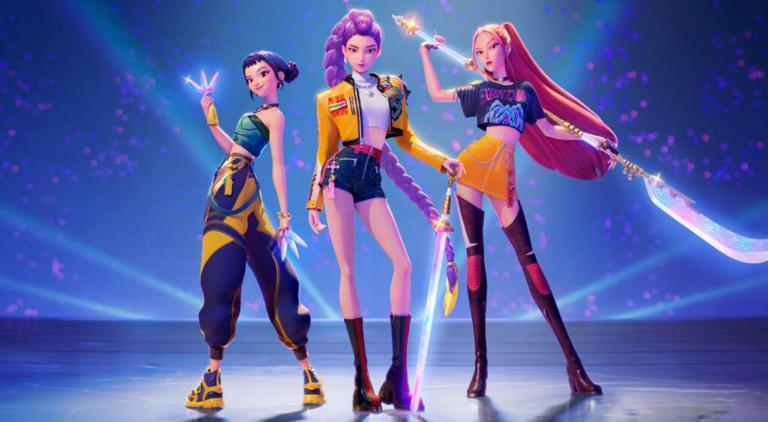A new report from the Geena Davis Institute on Gender in Media, in collaboration with the Coalition of Asian Pacifics in Entertainment (CAPE) and IW Group, has laid bare a “disappointing” truth: while Asian and Pacific Islander (API) faces might be seen more often on screen, Hollywood is still failing to genuinely represent their diverse communities, particularly behind the cameras.
The report, titled ‘Rewriting the Script: A New Era for API Voices in Hollywood,’ serves as a stark follow-up to their 2021 study, ‘I Am Not a Fetish or Model Minority.’ It scrutinises API representation across the 10 highest-grossing U.S. films each year from 2010 through 2024.
The Shallow End of On-Screen Representation
The findings are quite revealing, according to the report. Only 5.1% of lead characters across 150 top-grossing films were API. And what’s more, every single one of these leads was confined to animation or action films. That means zero API leads popped up in comedies, dramas, horrors, thrillers, or even sci-fi/fantasy titles. Researchers point out this severely limits the types of stories API characters are allowed to exist in.
Read more: The ‘Karate Kid’ Franchise: A Cinematic Barometer of Asian Male Representation
The study also highlights a worrying imbalance among API subgroups. East Asians dominated, making up 67.7% of API characters. Meanwhile, South Asians accounted for 18.4%, Native Hawaiians and Pacific Islanders at 10.4%, and Southeast Asians a paltry 3.5%. The report explicitly demands more diverse and specific ethnic stories to truly reflect the full range of API communities.
The Real Problem: Behind the Scenes
Perhaps even more concerning are the structural barriers that API professionals face once the cameras stop rolling. The study surveyed API film and television workers, and a staggering just over a third admitted it was easy to find mentorship in the industry. This glaring lack of support networks actively prevents API talent from climbing into crucial leadership positions.
To fix this, the report urges Hollywood to invest in development programs and to “open access to behind-the-scenes positions in writing, directing and producing.” It also stresses the urgent need to broaden the types of genres and roles available to API actors and creatives, especially those from Southeast Asian backgrounds, who remain “significantly underrepresented.”
The report found that while 62% of API industry professionals now feel their voice is valued at work (up from 43.5% in 2021), attitudes about efforts to support API representation behind the scenes are “less optimistic,” with only 24.5% saying things have gotten better. And despite some improvement, a troubling 72% of API industry professionals still report experiencing microaggressions at work.
Read more: Awkwafina’s Top 9 Films Ranked in Order Of Greatness
This study makes it clear: Hollywood needs to do much more than simply put a few more diverse faces on screen. It needs to genuinely empower API voices in decision-making roles and ensure representation is not just a trend, but a real, lasting change across all communities.










